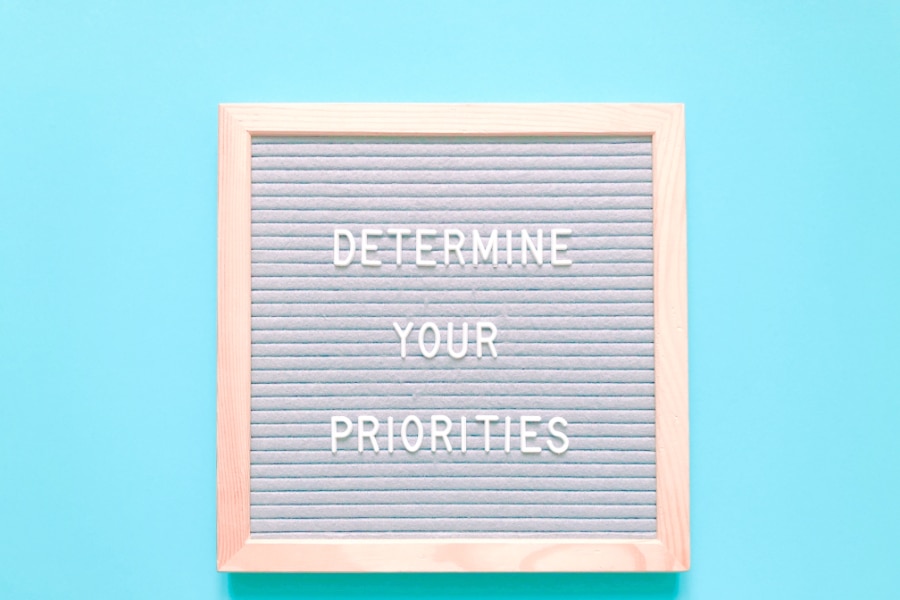Do you really need everything you own? Do you use what you have or is it just clutter? Is it affecting your health?
Can you always find what you need? Do you trip over boxes in the hallway? Do you feel overwhelmed when you look in the ‘spare’ room?
What some people call clutter, others call collections or treasures. You are the only one who can decide if this is clutter or not. For me it is boxes of odd things I can use for art. Not that I get much time for it at the moment … but one day I will!
How does clutter affect your health?
Most clutter falls into two categories.”Memory” clutter is stuff that reminds us of significant events in the past and can be connected to depression. “Someday” clutter is those items you might need someday in the future and has been connected to anxiety.
Too much “memory” clutter can drag you down and keep you stuck in the past, and the “someday” clutter is focused on what might be needed in the future, and both can result in disruption to living in the present.
There are even suggestions that clutter is connected to obesity. The common factor: a life of consumption – too much stuff, too much to eat. Mentally it can just be overwhelming leading to procrastination and becoming non-functional. Clutter can be a fire or trip hazard or harbour dust, mould or insect dropping which are bad for allergies and asthma.
Moving house: the best opportunity to de-clutter.
Recently, I was given 90 days notice to vacate my house. I have been renting an old but big, 5 bedroom house with a yard for twelve years – the longest I had lived anywhere my entire life. Twelve years ago it was what I needed for me and my 3 kids.
Now that my eldest has moved out and the other two are teenagers and are no longer interested in running around the yard, having their mates around to swim in the above ground pool or jump on the trampoline, it is time to downsize. The family needs have changed!
Before my divorce we moved a few times and they were big distance moves with short notice. So everything was just boxed and shipped. I think some of those boxes are still in the shed … but not for much longer.
This time it is going to be different. I am only keeping and moving what I need. For a mission like this, I must be organised, as I still need to go to work and do a lot of it by myself. So, ruthless culling, methodical sorting and compact, organised packing is needed.
Here is my system to efficient de-cluttering and moving:
Preparation
- Create a table with headings: Item; keep; dispose of; not sure.
- Do an inventory of each room and categorise the bigger items or items of value under the headings. This will give you a clearer idea of exactly what other activities will need to be considered.
- Start collecting quality boxes. I find many smaller boxes exactly the same size the best to use. They stack easily and don’t get too heavy. Of course some items need bigger boxes.
- Book dates for a garage sale; Council clean up; carpet clean; professional house clean.
- Set up your eBay or Gum Tree account
- Put your support moving team on stand-by or get quotes from professional movers.
Action
If you have to fit it around your ‘normal’ activities, like work and school, start chipping away at it every day. At least one box, cupboard or online sale posting a day. Put in extra time at the weekend.
- Decide on a time line – When does everything needs to be packed by; if it is no longer wanted and doesn’t sell when do you drop the price, give it to charity or keep it? How long do you need to clean the house properly?
- Start a list of people or organisations that need to be notified of a change of address: Bank, subscriptions, school, doctor. Keep adding to it and then keep it for future reference.
- What services need to be cancelled? Do they need notice? Do you get a penalty for discontinuing? Phone, electricity, gas, Foxtel. What is the deal for reconnection elsewhere?
- Redirection of your mail – what do you need to do?
- Sort, ruthlessly cull and categorise as you pack. Label the box with what is in it and which room it is to go to at the other end. Pack, or disposed of, the items that you use least, first.
- Stack your boxes compactly, so you can get an idea of what size truck you will need.
Keeping on top of the Clutter
- If you don’t need it, don’t keep it in the first place.
- If you don’t use it for 12 months, you don’t need it. Time to go.
- A bargain is only a bargain if it is useful. Buying things just because they are on sale can be a waste of money and space.
- If you have kids, doing a de-clutter every school holidays works well, otherwise do one every change of season.
Once this move is over, there will be no more keeping things that are not used and regular de-cluttering will happen. We don’t really need much to live comfortably. It is nice to have beautiful objects adorning your home but I think it is important to keep a balance.






